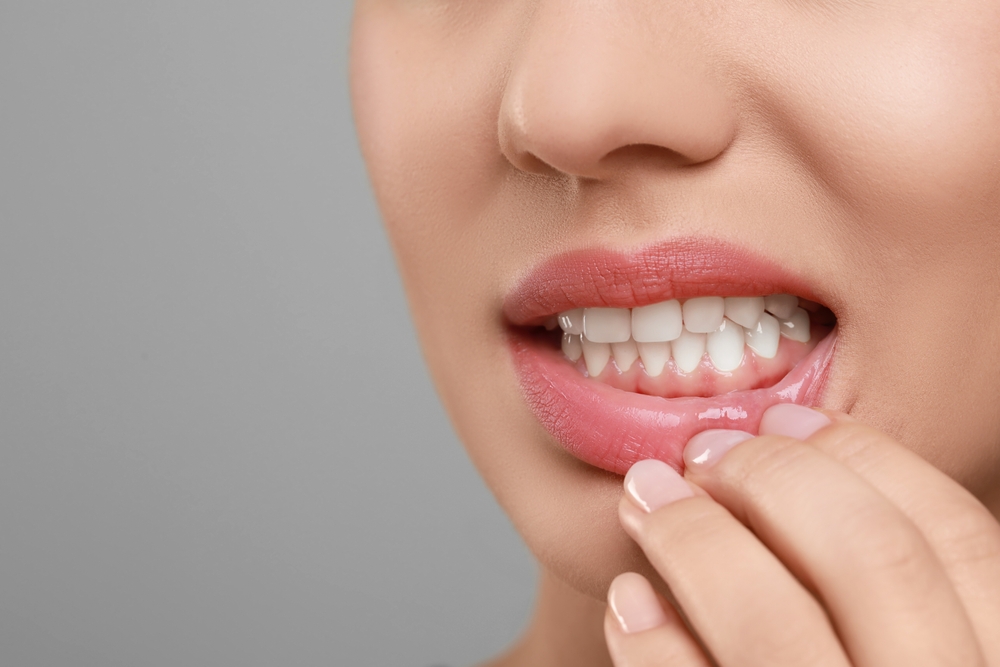Oral health isn’t just about a bright smile, it’s an integral part of your overall health. For people with diabetes, the connection between gum disease and diabetes control is particularly important. Research has shown that gum disease can make it harder to control blood sugar levels, and poor blood sugar control can worsen gum disease, creating a vicious cycle. This blog will explore the mouth-body connection, specifically how gum disease affects diabetes and how managing both can improve your health.
What is Gum Disease?
Gum disease, also known as periodontal disease, is an infection of the gums that can affect the tissues supporting your teeth. It begins with gingivitis, which causes red, swollen gums that may bleed when brushed. If left untreated, gingivitis can develop into periodontitis, a more serious condition that affects the bones supporting your teeth. Periodontitis can lead to tooth loss and has been linked to other serious health problems.
Gum disease is caused by the buildup of plaque—a sticky film of bacteria—on the teeth and gums. Over time, if plaque isn’t removed by brushing and flossing, it can harden into tartar, which can only be removed by a dentist. The bacteria in plaque and tartar cause inflammation and infection in the gums, leading to gum disease.
How Gum Disease Affects Diabetes Control
For people with diabetes, maintaining stable blood sugar levels is crucial. High blood sugar over time can damage organs, nerves, and blood vessels, leading to complications like heart disease, kidney failure, and nerve damage. What many don’t realize is that gum disease can make it harder to manage blood sugar levels.
Here’s how gum disease impacts diabetes:
- Inflammation and Insulin Resistance:
Gum disease triggers systemic inflammation, which can worsen insulin resistance. Insulin resistance is when the body’s cells no longer respond effectively to insulin, the hormone that helps regulate blood sugar. The inflammation caused by gum disease makes it more difficult for the body to use insulin efficiently, leading to higher blood sugar levels. This can make it harder for people with diabetes to control their condition. - Blood Sugar Fluctuations:
When you have gum disease, your body’s immune response is activated, which can increase blood sugar levels. This can create a feedback loop where higher blood sugar worsens gum disease, and the gum disease, in turn, leads to even higher blood sugar levels. The constant fluctuation in blood sugar can make it difficult for people with diabetes to maintain stable levels, increasing the risk of diabetes complications. - Poor Healing and Increased Risk of Infections:
People with diabetes often experience slower healing times due to impaired circulation and a weakened immune system. If gum disease develops, it may take longer for the gums to heal after treatment. Infected gums are more likely to become a chronic issue, worsening diabetes control over time.
The Importance of Managing Both Diabetes and Gum Disease
Managing gum disease is essential for people with diabetes, as it can directly impact their ability to control blood sugar. Here’s why maintaining good oral health is so important:
- Better Blood Sugar Control:
Treating gum disease can help reduce inflammation, which in turn can improve insulin sensitivity and make it easier to control blood sugar levels. By taking care of your oral health, you can reduce the risk of complications and improve overall health management. - Reducing Risk of Other Complications:
Gum disease has been linked to a variety of other health issues, including heart disease and stroke. By keeping your gums healthy, you’re not only protecting your teeth but also reducing the risk of developing other serious complications related to diabetes. - Early Detection and Prevention:
Regular dental visits are crucial for people with diabetes. Your dentist can detect signs of gum disease early, even before symptoms like bleeding gums become apparent. Early intervention can prevent the disease from progressing, saving you time, money, and discomfort in the long run.
How to Prevent Gum Disease and Protect Your Health
Preventing gum disease is key to managing your diabetes and overall health. Here are some tips to keep your gums healthy:
- Brush and Floss Regularly:
Brushing twice a day and flossing daily are essential for removing plaque and preventing gum disease. Use a soft-bristled toothbrush and fluoride toothpaste to protect your gums and teeth. Be gentle when brushing, as brushing too hard can irritate the gums. - Visit the Dentist Regularly:
Regular dental check-ups are crucial for preventing and treating gum disease. Your dentist will examine your gums for signs of gingivitis or periodontitis and provide professional cleanings to remove plaque and tartar. - Control Your Blood Sugar:
Managing your blood sugar levels through diet, exercise, and medication is essential for overall health. By keeping your blood sugar stable, you can reduce the risk of developing gum disease and its complications. - Stay Hydrated and Avoid Smoking:
Smoking and dehydration can contribute to gum disease, so it’s important to stay hydrated and avoid smoking. Smoking weakens the immune system and can increase the severity of gum disease.
Medical Arts Dentistry is Here to Support Savannah and Georgetown
The connection between gum disease and diabetes highlights the importance of maintaining good oral health for those living with diabetes. If you have diabetes, don’t underestimate the impact of your oral health. Regular visits to your dentist can help you manage gum disease and protect your smile, while also improving your ability to control your blood sugar and live a healthier life.
At Medical Arts Dentistry, we are dedicated to the long-term dental health of Garden City, Richmond Hill, and the surrounding Savannah communities. We offer family dentistry for children and seniors, athletic mouthguards, dental sleep medicine, as well as treatments for TMJ and orofacial pain. If you’re ready for a regular check-up and professional cleaning, or a consultation about oral appliance therapy, dental sleep medicine, our cosmetic dentistry options or dental restoration treatments, call 912-355-0605 for our Savannah location and 912-921-0401 for our Georgetown location.

